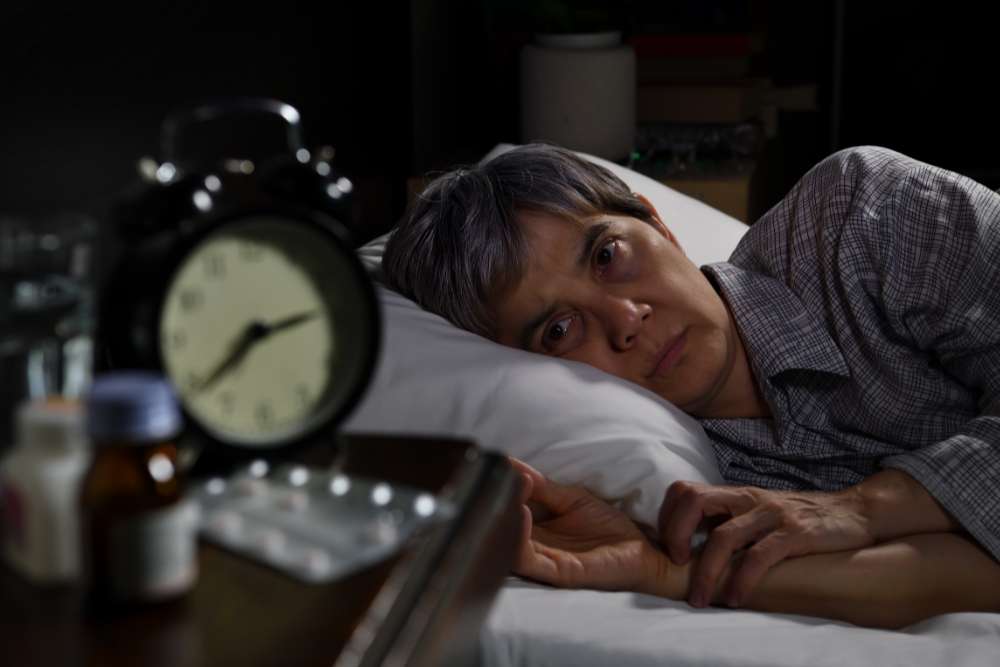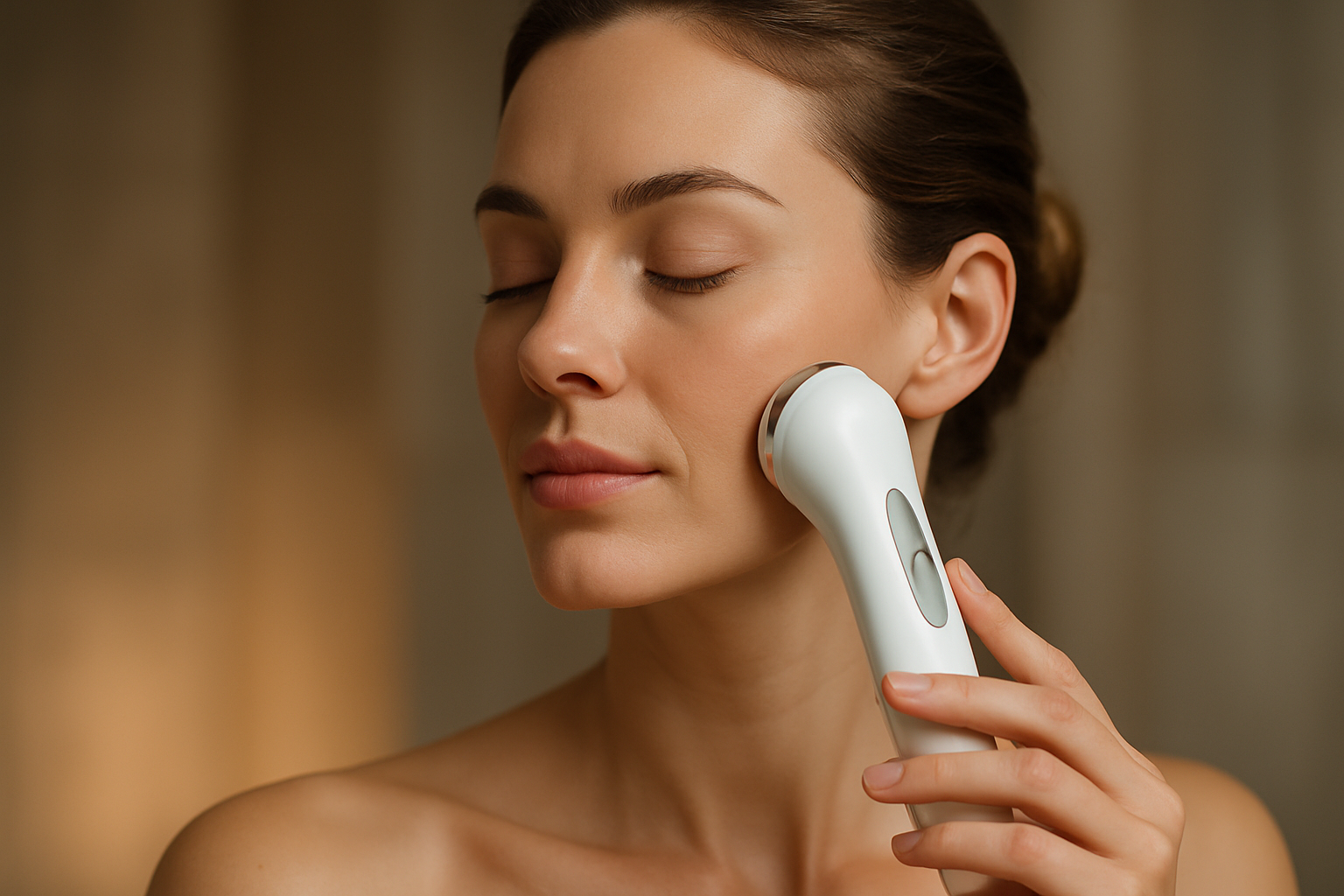Sleep Hygiene: A Vital Pillar of Mental Health
Sleep is a fundamental aspect of human life, yet its importance is often underestimated in our fast-paced modern world. The concept of sleep hygiene, which encompasses the habits and practices necessary for quality sleep, has gained significant attention in recent years. As research continues to unveil the intricate connections between sleep and mental health, it becomes increasingly clear that proper sleep hygiene is not just a luxury, but a vital component of overall wellbeing. From regulating mood and cognitive function to influencing physical health, the impact of sleep on our daily lives is profound and far-reaching. This article delves into the multifaceted relationship between sleep hygiene and mental health, exploring its historical context, current understanding, and practical implications for individuals seeking to improve their wellbeing.

As research progressed, scientists began to unravel the complex relationships between sleep and various aspects of health, including mental wellbeing. The concept of sleep hygiene emerged in the 1970s, coined by Peter Hauri, a pioneer in sleep medicine. Initially focused on treating insomnia, sleep hygiene guidelines have since expanded to encompass a broader range of practices aimed at promoting optimal sleep health for all individuals.
The Neurological Basis of Sleep and Mental Health
The intricate dance between sleep and mental health is orchestrated at the neurological level. During sleep, the brain undergoes a series of complex processes that are crucial for maintaining cognitive function and emotional stability. One of the key players in this relationship is the prefrontal cortex, a region of the brain responsible for executive functions such as decision-making, impulse control, and emotional regulation.
Studies have shown that sleep deprivation can lead to decreased activity in the prefrontal cortex, resulting in impaired cognitive performance and emotional dysregulation. This can manifest as increased irritability, difficulty concentrating, and heightened emotional reactivity. Furthermore, sleep plays a vital role in memory consolidation and learning. During deep sleep stages, the brain processes and stores information acquired during the day, strengthening neural connections and facilitating long-term memory formation.
The Bidirectional Relationship Between Sleep and Mental Disorders
The connection between sleep and mental health is not a one-way street. Rather, it is a bidirectional relationship where poor sleep can exacerbate mental health issues, and mental disorders can, in turn, disrupt sleep patterns. This complex interplay is particularly evident in conditions such as depression and anxiety.
In the case of depression, sleep disturbances are so common that they are considered a core symptom of the disorder. Individuals with depression often experience insomnia or hypersomnia, both of which can perpetuate the cycle of low mood and reduced energy. Conversely, chronic sleep problems can increase the risk of developing depression. A similar pattern is observed in anxiety disorders, where racing thoughts and worry can make it difficult to fall asleep, while sleep deprivation can amplify feelings of anxiety and stress.
The Role of Circadian Rhythms in Sleep Hygiene
At the heart of sleep hygiene lies the concept of circadian rhythms – our internal biological clocks that regulate various physiological processes, including the sleep-wake cycle. These rhythms are influenced by external cues, known as zeitgebers, with light being the most powerful. In our modern world, where artificial light and digital screens are ubiquitous, maintaining a healthy circadian rhythm has become increasingly challenging.
Disruptions to circadian rhythms can have far-reaching consequences for mental health. Shift work, jet lag, and irregular sleep schedules have been linked to an increased risk of mood disorders, cognitive impairment, and even certain types of cancer. Understanding and respecting our natural circadian rhythms is therefore crucial for maintaining good sleep hygiene and, by extension, supporting mental wellbeing.
Practical Strategies for Improving Sleep Hygiene
While the science behind sleep and mental health is complex, many effective strategies for improving sleep hygiene are surprisingly simple. Establishing a consistent sleep schedule, creating a relaxing bedtime routine, and optimizing the sleep environment are foundational steps. This includes maintaining a cool, dark, and quiet bedroom, and limiting exposure to blue light from electronic devices in the hours leading up to bedtime.
Physical activity and diet also play important roles in sleep hygiene. Regular exercise has been shown to improve sleep quality, although vigorous activity close to bedtime should be avoided. Similarly, being mindful of caffeine and alcohol consumption, particularly in the latter part of the day, can significantly impact sleep quality.
The Impact of Technology on Sleep Hygiene
In the digital age, technology has become both a blessing and a curse when it comes to sleep hygiene. On one hand, sleep tracking apps and devices have made it easier for individuals to monitor their sleep patterns and identify areas for improvement. These tools can provide valuable insights into sleep duration, quality, and consistency, empowering users to make informed decisions about their sleep habits.
On the other hand, the pervasive use of smartphones, tablets, and computers has introduced new challenges to maintaining good sleep hygiene. The blue light emitted by these devices can suppress melatonin production, the hormone responsible for regulating our sleep-wake cycle. Additionally, the constant connectivity and stimulation provided by social media and other digital platforms can make it difficult to “switch off” and prepare for sleep.
The Future of Sleep Hygiene and Mental Health Research
As our understanding of the relationship between sleep and mental health continues to evolve, new avenues for research and intervention are emerging. One promising area is the field of chronotherapy, which involves manipulating circadian rhythms to treat mood disorders. This approach has shown potential in managing conditions such as seasonal affective disorder and bipolar disorder.
Another frontier in sleep research is the exploration of the gut-brain axis and its influence on sleep and mental health. Emerging evidence suggests that the microbiome may play a role in regulating sleep patterns and mood, opening up possibilities for novel therapeutic approaches.
In conclusion, the importance of sleep hygiene in maintaining mental health cannot be overstated. As we continue to unravel the complexities of this relationship, it becomes increasingly clear that prioritizing sleep is not merely a matter of personal preference, but a crucial component of overall wellbeing. By implementing evidence-based sleep hygiene practices and staying informed about the latest research, individuals can take proactive steps towards improving both their sleep quality and mental health. In a world that often glorifies busyness and productivity at the expense of rest, recognizing the value of sleep may be one of the most important steps we can take towards a healthier, more balanced life.




